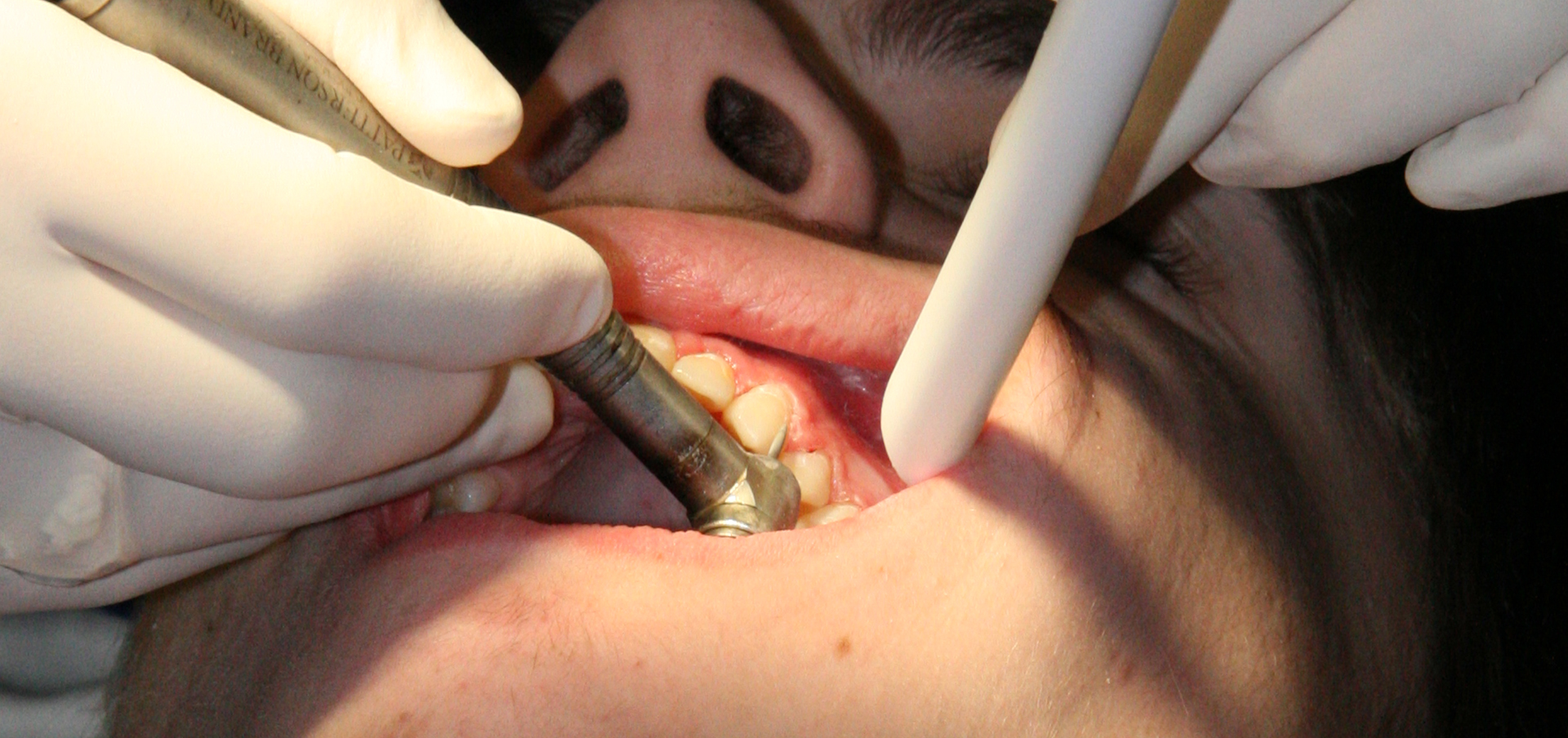Pursuing a career in the dental health field is a great way to make a great living in Connecticut. As part of an in-demand career, both dental hygienists and dental assistants can find employment in this rising, in-demand field. Employment is projected to grow roughly 15%, according to the CT Department of Labor.
But what is the difference between dental hygiene and dental assisting? After all, dental hygienists and dental assistants are both entry-level positions in the dental field. If you’re considering attending a dental hygienist school or pursuing a dental assistant certification, you’ll definitely want to know the difference between the two.
Dental Assisting
In general, dental assistants do just that — assist the dentist. They may have a range of tasks, from providing patient care to more administrative tasks like scheduling appointments. They perform a variety of preparatory duties in the dental office, such as:
- Disinfecting dental instruments in preparation for patient exams
- Processing patient x-rays and completing lab tests
- Providing fluoride treatments
- Obtaining and recording patient dental records
- Billing patients and filing insurance claims
- Scheduling appointments
There are many paths one can take to becoming a dental assistant. In most states, you have to graduate from an accredited dental assistant program and pass a state certification exam.
Dental Hygienists
Dental hygienists typically have more advanced responsibilities than a dental assistant, as they work directly with patients throughout the entirety of their visit. Dental hygienists clean teeth and examine patients for oral health conditions, and are responsible for a variety of patient-care duties once relegated to the dentist. These tasks include:
- Conducting oral exams
- Removing tartar, plaque, and stains from patients’ teeth
- Removing hard and soft deposits from teeth
- Applying sealants, fluorides, and polish for protection
- Taking radiographs
- Documenting plans for patient care and treatment
- Providing patient education on preventive oral care, including brushing and flossing
Most employers require hygienists to obtain an associate degree in dental hygiene from a reputable career college, as well as complete the National Board exams.
Interested in learning more about Goodwin College? Learn more today, or check out all of our programs to see why we’re a leader in healthcare education in CT! You can also interact with us on Facebookor Twitter!
Goodwin University is a nonprofit institution of higher education and is accredited by the New England Commission of Higher Education (NECHE), formerly known as the New England Association of Schools and Colleges (NEASC). Goodwin University was founded in 1999, with the goal of serving a diverse student population with career-focused degree programs that lead to strong employment outcomes.

